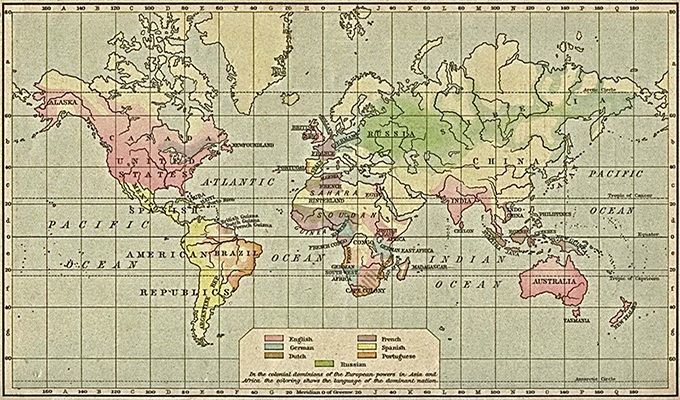Why Uber buying Here changes everything!
June 3, 2015 - 5 minutes read
In the last few weeks, there’s been buzz about Nokia’s Here being the target of acquisition by a number of companies; most notably Uber. It is expected that Uber will take this map data private post-acqusition to use within their own operations. While I understand how critical this move is for a $40B company which has been using Google Maps up until now and now warring for similar markets, it leaves other businesses scampering for alternative options.
Map Providers
Nokia Here was born out the acquisition from Navteq in 2007 and has been widely touted at the #2 consumer-focused digital mapping provider after Google Maps. In general, access to satellite imagery is super-expensive resulting in fewer companies being able to build and scale this service. Open-source efforts such as OpenStreetMaps (thanks to satellite imagery from Bing) and help from volunteers has been able to stack up in data quality in some developed markets such as the US. In the Indian context, MapMyIndia and Wonobo have entrenched market penetration and are potential acquisition targets. Reliance made an unsuccessful attempt in this space with Big Maps.
That still leaves a huge void to fill to ensure that Google Maps does not continue the monopoly that it commands today.
With tremendous activity with the on-demand economy and IoT, location, maps and GPS can play a key role in both optimization and automation of product and service delivery. Specifically, here are the few areas where maps are pivotal to conducting/running a business.
E-Commerce and Home Delivery
As more products and services get delivered to your home, the need for finding your address is far more critical for E-commerce operations. In the past, focus was on business discovery; Google Maps, Justdial and Zomato have done a tremendous job of bringing a large share of business places online through their listings but inverse operations (discovery of homes) pose an uphill battle for businesses
With companies like LocalBanya, Faaso’s, Portea, Zopper and other focused towards bringing those products and services home, customer satisfaction hinges on a seamless experience leading upto delivery and not having the pain of last-mile discovery of address and locations
Local knowledge
India’s e-commerce boom is poised to see a $100B market by 2019 means companies like Snapdeal, Flipkart need to scale their delivery operations rapidly and its going to be impossible to continue to mandate that delivery teams have local knowledge of areas, landmarks and buildings. Technology has to aid their delivery process
Supply Chain Efficiency and Privacy
With a hybrid approach by e-commerce companies to source products from both local merchants and wholesalers, it is imperative to have a sound supply chain process where the source, destinations and all the hops in between are clearly defined and information about the order, address etc. is exposed to the right person/team at the right time. This ensures privacy and efficiency during the supply chain process.
Route Optimization
As we push the envelope on supply chain efficiency to deliver more packages per person/hour/day, it is critical use technology to provide optimal routes at different stages of supply chain. This makes having a mapping service that is rich in data sources, inter-operable across platforms and solves the last-mile problem critical to e-commerce success
What needs to happen
With mapping services playing a central role in everyday business, having such reduced choices will hurt the multiple economies in more ways than one. A few things need to happen quickly.
– Folks like MapBox (provider of OpenStreetMaps) need to recognize this opportunity and figure ways to scale their service and deepen the data richness in their maps quickly.
– All maps need to have more ways to serve this new need of finding consumers’ homes/offices as products and services are delivered to diverse places.
– India and other emerging markets need to encourage solutions that solve the last-mile and address consistency challenges that will overlay on digital maps to provide a seamless experience for both businesses and consumers.
– Aditya Vuchi (Founder/CEO Zippr Pvt Ltd)
Tags: smart address, Zippr